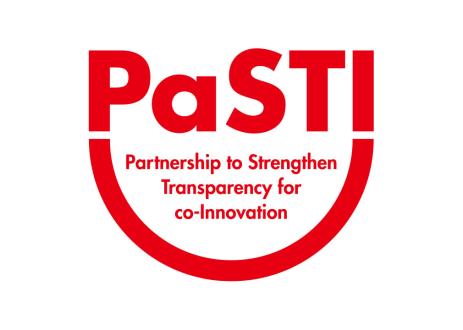International Workshop: Increasing Transparency for Ambitious Climate Actions in Indonesia
Climate actions comprise of mitigation and adaptation. The two elements are also included in Indonesia’s First Nationally Determined Contribution (NDC), that was submitted to the UNFCCC in the last quarter of 2016. Similar to other Parties to the Paris Agreement and also to align with the objective in the Article 2 of the Paris Agreement, Indonesia has quantified its mitigation action target in percentage of greenhouse gases (GHG) emission reduction. Indonesia has set an unconditional emission reduction target of 29 % (unconditional) and up to 41 % (conditional) from business as usual scenario in 2030. Such target has also set under the Rencana Pembangunan Jangka Menengah (RPJMN) 2020-2024 (Midterm National Development Plan 2020-2024).
Efforts to achieve target in reducing GHG emissions cannot be done by only the Indonesian government. All stakeholders play significant role as stated in paragraph 15 of the Paris Agreement’s preamble: Recognizing the importance of the engagements of all levels of government and various actors, in accordance with respective national legislations of Parties, in addressing climate change. Indonesia’s target to reduce GHG emissions in the year 2030 will not be achieved only by government programs and actions. This also will not be achieved only using national budget. Non-state actors, both private sectors and local government, have to play a significant role in Indonesia’s efforts to fulfil the first NDC under the Paris Agreement. All of these interventions have been carried out in the Partnership to Strengthen Transparency for co-Innovation (PaSTI) project both in phase I as well as phase II. Initiatives and policy instruments, such as carbon pricing and science-based targets, are growing around the world, including in the ASEAN region. There is a big potential for such initiatives to be implemented in Indonesia.
In order to discuss and disseminate the results of the Partnership to Strengthen Transparency for co-Innovation (PaSTI) achievements over two phase and WRI’s works in the climate program, a workshop will be held in Jakarta on 26 February 2020. This workshop aims to share knowledge and experiences in enhancing transparency for an ambitious climate actions, as well as to build networks among participants from international institutions, experts and private sector. Further, this workshop will also seek the opportunities for the potential future initiatives and innovations.
Proyek

Partnership to Strengthen Transparency for Co-Innovation (PaSTI)
Kunjungi ProyekPaSTI di Indonesia bertujuan untuk meningkatkan kerja sama inovatif antara para pemangku kepentingan demi memperkuat transparansi dalam upaya pengurangan emisi gas rumah kaca serta untuk meningkatkan aksi iklim yang lebih masif di Indonesia.
Bagian dari Iklim